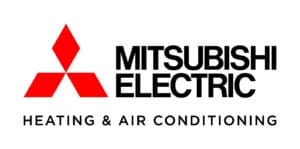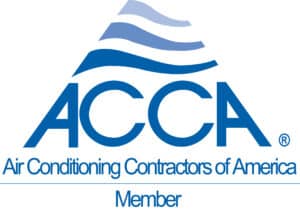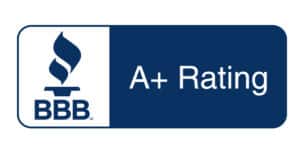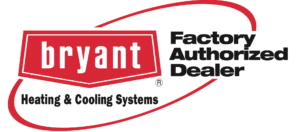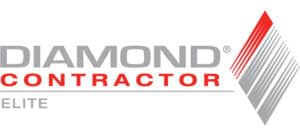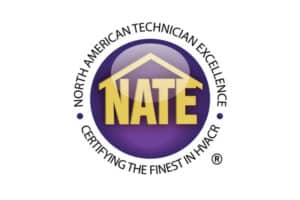Is your air conditioner having trouble maintaining ideal humidity levels in your home? Does it struggle to keep up during North Shore, Massachusetts and southern New Hampshire heat waves? If so, your AC unit may not be properly sized. Unfortunately, this is a common issue that we see here in New England.
Oversized Systems & Indoor Humidity Levels
Your central air system performs two functions. It maintains cool temperatures in your home and it extracts humidity. The system needs to run for quite some time to effectively remove moisture.
If an air conditioner is oversized, it runs for shorter periods of time because it can quickly cool the air in your home. In many greater north Boston and southern New Hampshire homes, this means that humidity levels are too high. The system shuts off before ideal humidity levels are reached, because the thermostat temperature was reached.
Oversized systems don’t need to run as long to reach the target temperature, so they cycle on and off more frequently. This causes extra wear and tear on the system, often resulting in premature equipment failure. An oversized AC unit has a higher equipment cost without providing more benefit. It also runs less efficiently, driving up your energy bills.
Undersized Air Conditioners
These systems strain to keep your home cool. If your home doesn’t quite reach the temperature in the thermostat setting, your comfort may be suffering. In extreme cases, the evaporator coil on your AC unit can freeze, causing the need for an expensive repair.
Kearney HVAC: Your AC Experts
Your comfort is important to us! Our NATE-certified technicians are trained in properly sizing heating and cooling equipment.
The best way to properly size an air conditioning system is to use Manual J heating and cooling local calculations. This is a protocol developed by the Air Conditioning Contractors of America (ACCA) for accurately sizing an HVAC system.


